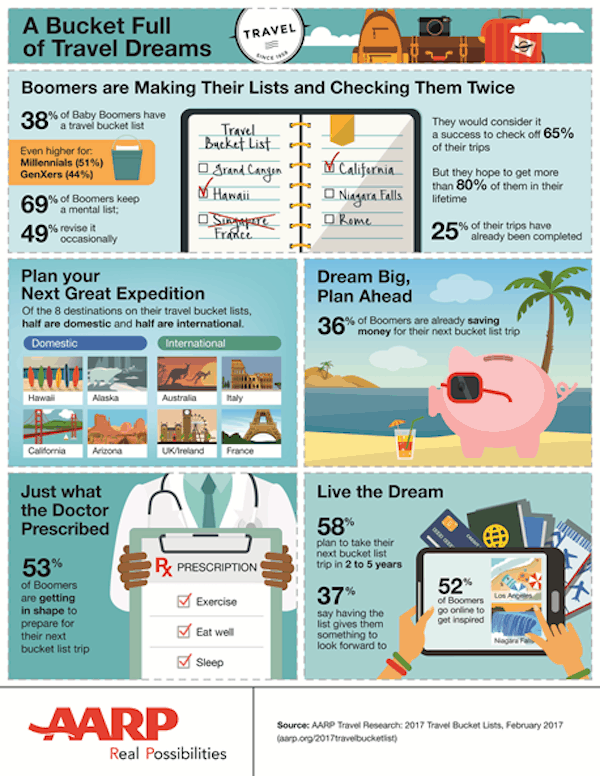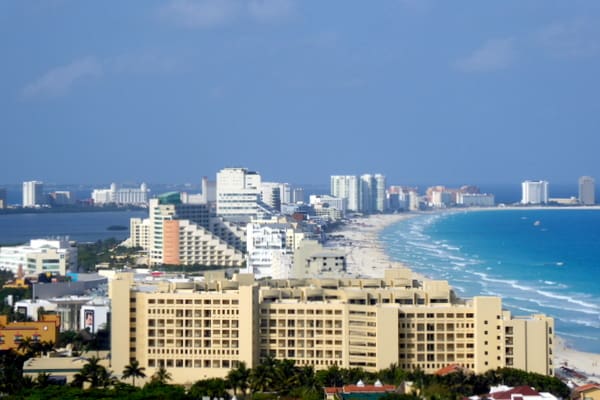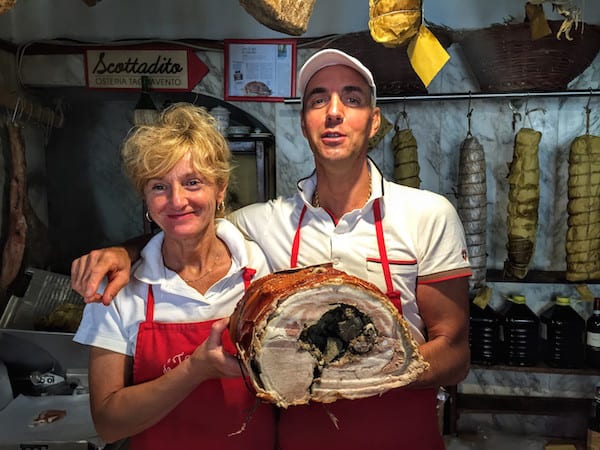Creating A Travel Bucket List


If you love travel, you might already have a Travel Bucket List—mental, electronic or on paper—with destinations and/or experiences that inspire you. How do aspirational lists like these come to be? Perhaps, they’re places we’ve already visited and to which we yearn to return, or they’re places we’ve only read about or seen in photographs.
The items on our list may be a mix of goals achievable in the short-term along with others that might be considered more “dream-worthy.” Perhaps, they’re too expensive, too far, too difficult to get to, or too risky to visit right now. Of course, lists like these aren’t cast in stone, and are likely to be heavily influenced and changed by life circumstances (including time and money) as well as by how zealous individuals are in going about achieving goals once they set them. If we’re married or coupled, the desires of our partners are likely to weigh in heavily, too.
Writing in Psychology Today, Jennifer Baker, PhD points out that bucket lists provide structure to achieve goals and “make life memorable.” Contrary to the bad hype often given to these lists, she writes: “A bucket list is not about dying but about living.”
An AARP Snapshot of the Travel Bucket List
AARP Travel recently surveyed Americans who had taken leisure trips over the past two years, reporting some interesting findings:
- General Bucket Lists (not specific to travel) are fairly common among baby boomers. Almost half (46%) have one. On average, 38% of boomers have a Travel Bucket List. But even among those who have global lists, 83% report having travel-related items on their lists.
- Among boomers, the majority of these lists are mental (69%) (as opposed to being written down).
- While hitting a certain age is often the stimulus for creating a Bucket List, occasional revisions tend to be made over time.
- The average boomer has 8 destinations on their Travel Bucket List, half of them international and the other half domestic.
- Some 37% of Boomers say that keeping such a list gives them something motivating to look forward to. The majority (69%) are optimistic that their trips will actually materialize, with only 3% stating they only keep the list for fun.
The researchers conclude that while Bucket Lists potentially offer many benefits, there are usually practical barriers to achieving them. “It’s important to not only consider saving funds and budgeting for the trip, but also ensuring you’ve researched the best time to travel,” said AARP researcher, Patty David.
The full survey results (which also include some comparisons between boomers and other age cohorts) are available online at www.aarp.org/2017travelbucketlist.
We’re the other half
We’ve never had a Travel Bucket List, either individually or jointly.
For that matter, perhaps having the tendency to feel perennially young, we don’t have any bucket lists at all. But we always have new (and old) places in mind that we would like to visit (or revisit).

Do you have a bucket list? If yes or no, why?





I don’t have a travel bucket list formally, but I do have a few places on a mental list; Hawaii, Paris, and because of you Irene, Los Cabos. One day…
I’m hoping to get back to Los Cabos next winter!
I never had a bucket list, either…although there are always thoughts in my head of places I’d like to see (too many to fit into my head, in fact!)
Yes, me too, I’m always inspired by something I read about or see!
Our “bucket list” is pretty informal too. It’s more a travel wish list, though it’s probably the same. Africa is our next dream destination that we want to revisit – going on safari and seeing wild animals acting, well, totally wild, was a real eye-opener for us the first time we went. Plus the safari camps are often wickedly decadent :-).
You definitely have a lust for luxury, Janice! I bet you’ll go glamping:-)
Nothing about our lives seem organized including those places we hope to get to before we die. Our list therefore is to stay healthy (at least those contributing factors to health over which we have control) and to stay enthused and open to new experiences. (Too many friends now like to talk about being ‘comfortable’ and I’d rather keep myself just a bit ‘uncomfortable’ — stretching oneself does that. Great post, Irene.
So true, Jackie. Good health enables us to do everything else.